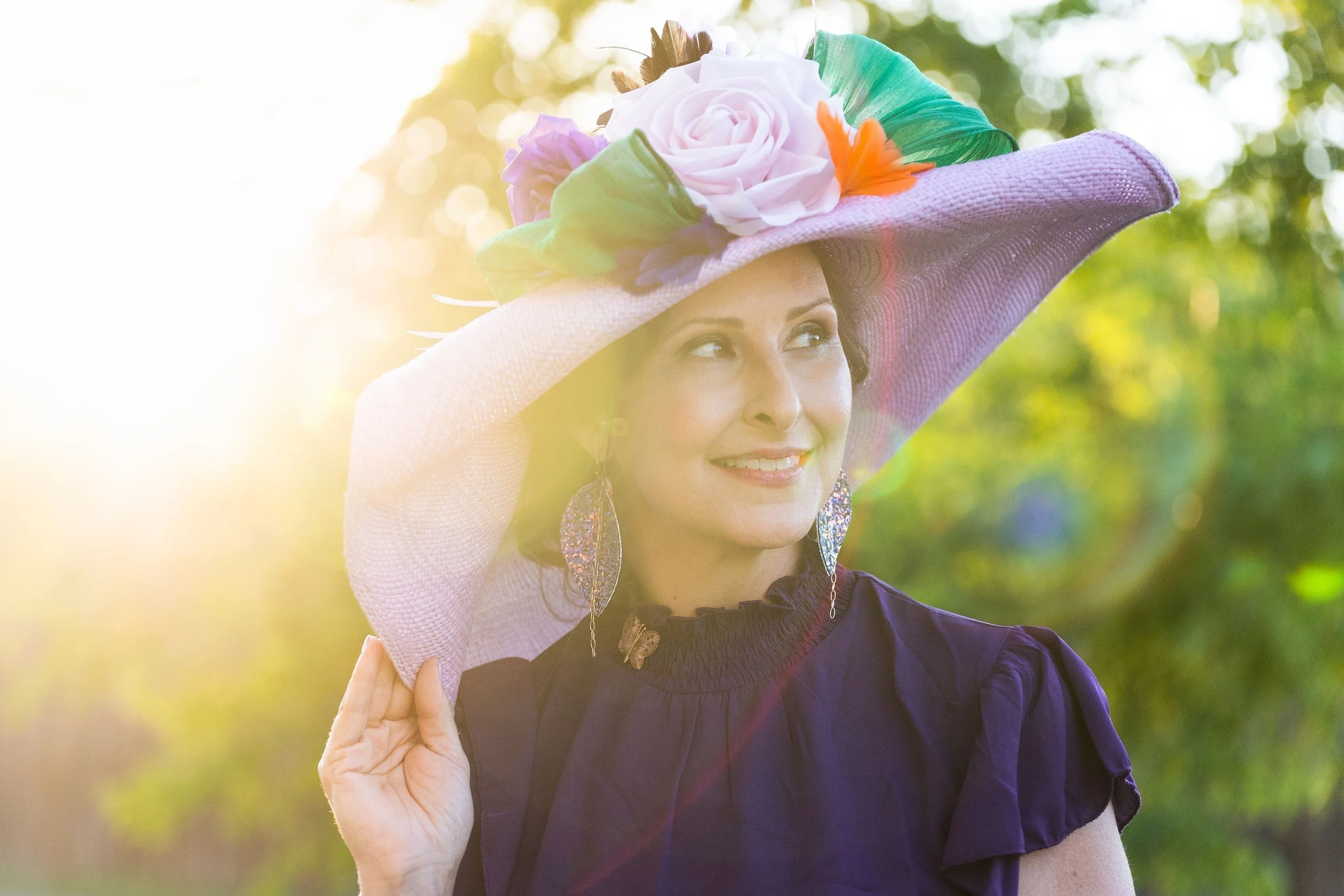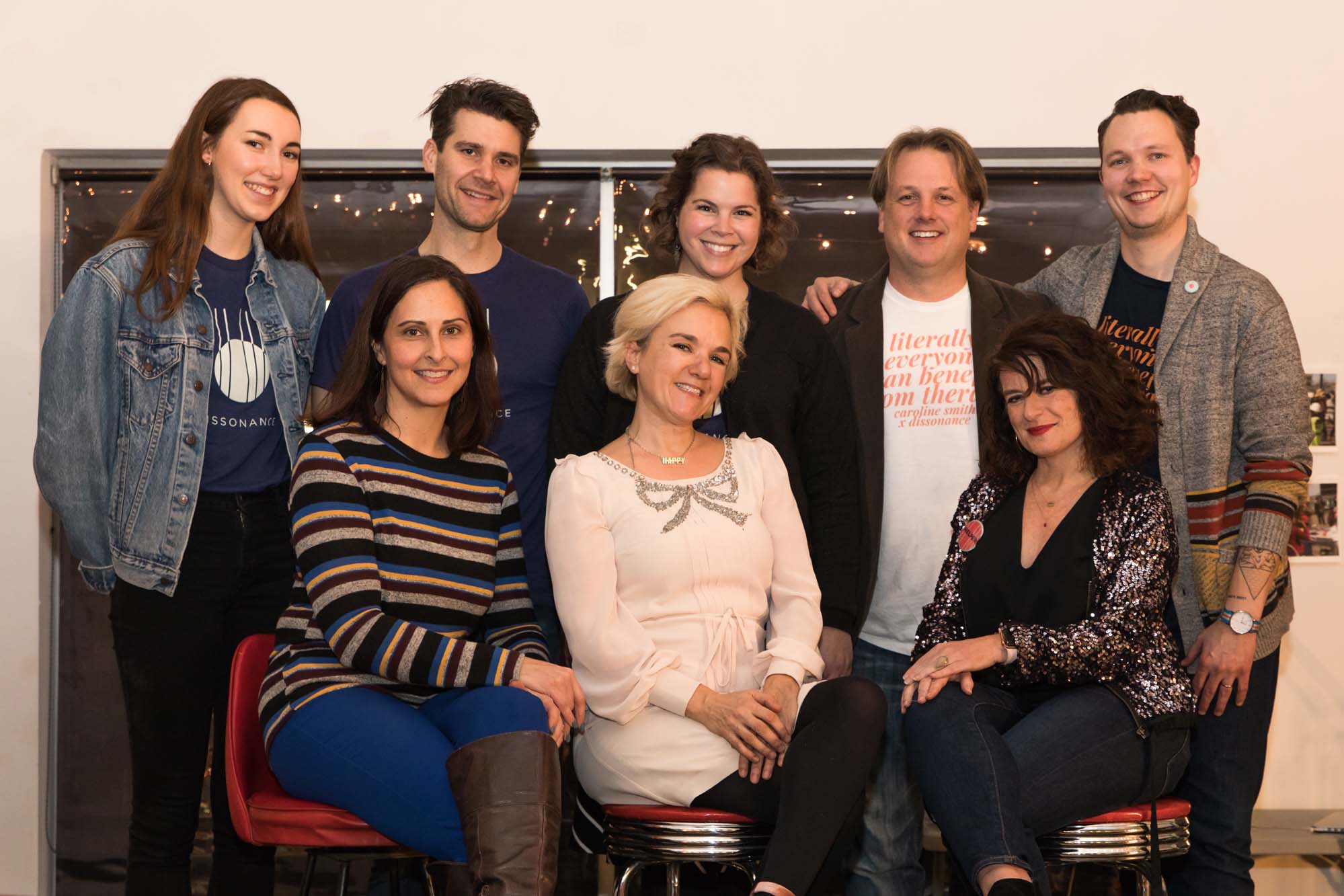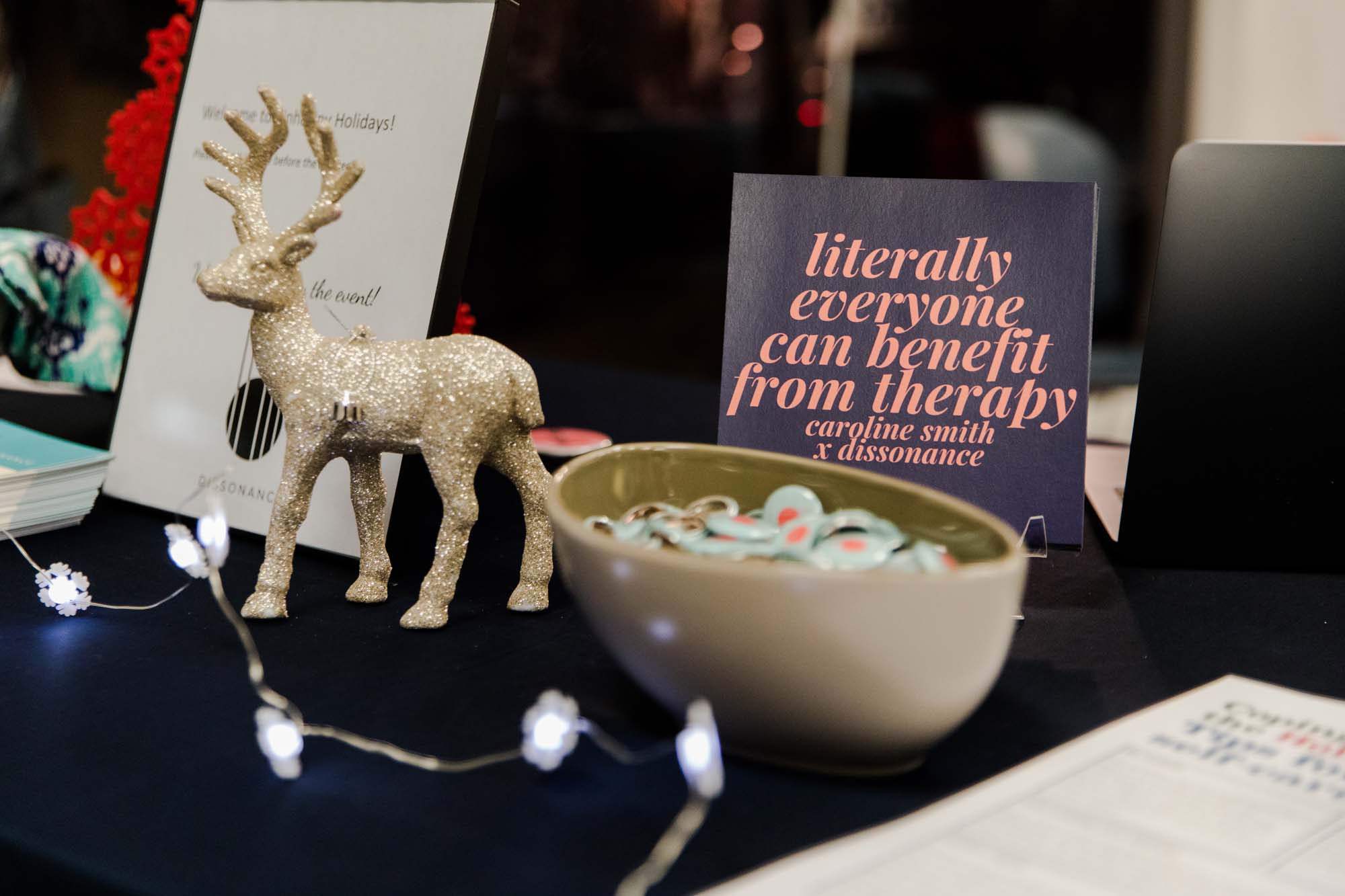“Dissonance Sessions: Where Music and Mental Health Collide”
Minnesota music legend Charlie Parr featured in first episode of unique, new interview series
St. Paul, Minn. – May 23, 2022 -- Dissonance, a nonprofit that promotes community, health and wellbeing in and through the arts, announced today the launch of its new Dissonance Sessions interview series, featuring Minnesota folk and blues hero Charlie Parr in the inaugural episode. Part therapy session, part recording session, each installment will take a deep dive into the story of one artist, giving listeners the unique opportunity to get to know the person and music in more intimate ways.
“There’s a lot of bravery and vulnerability on the part of the artist that goes into songwriting,” said Sessions host and Dissonance co-founder Sarah Souder Johnson. “Sessions enables artists to explore deeper corners of their lives while providing viewers with a close look into the person and the meaning behind their songs. Through these conversations, we want to show that it’s OK to talk about struggling with mental health or addiction, and that it’s also OK - and very possible - to pursue wellness and recovery.”
Dissonance Sessions is the brainchild of singer/songwriter and ambient music producer Jason Chaffee, who understands the healing power of music in his own life. “Struggling is a shared experience and healing is too,” Chaffee said. “Not only do I want to hear about the tribulations behind the songs, but I also want to hear about resilience and triumphs - how they overcame or are working on overcoming the challenges of life.”
Each Dissonance Sessions episode is filmed and directed by Chaffee and recorded at a professional studio such as Chubby Mammal and Drum Farm Studio. Audioquip, a St. Paul rental shop for pro audio equipment, is sponsoring the first season of Dissonance Sessions, which has also been made possible by a number of generous individual donors.
In episode one, Charlie Parr discusses his experiences with depression, grief, anxiety, and family dynamics while delivering intimate performances of songs from his most recent album, Last of the Better Days Ahead. Music is the constant thread in Parr’s life and a major tool in managing his mental health. Talking about how songwriting helps him understand his lived experience, Parr said: “Most of these songs have darkness in them… I haven’t built up a tolerance for loving music or for grieving. Those never go away.”
Souder Johnson, a mental health therapist, organized the first Dissonance event in 2012 alongside David Lewis while they were both working with music college students to help them understand the stressors of making a life in the arts. Today, Dissonance is a 501(c)(3) nonprofit that examines the intersection of creativity and wellbeing, working to create safe spaces, smash social stigmas, and shape education and business practices relating to mental health, addiction, and compassion in the arts. All Dissonance events are alcohol-free to promote authentic connections and to be inclusive of people who do not drink, including those in recovery from substance use disorders.
“Dissonance exists to contribute to a healthier environment and foster realistic expectations for and about creative people,” said Souder Johnson. “This mythology of the tortured artist has normalized destructive behavior and perpetuated addiction, trauma and isolation. It allows society to dismiss artists as unwell while simultaneously taking advantage of their contributions. One reason we’re so excited about Dissonance Sessions is because it highlights and values the whole person behind the art.”
Additional episodes of this Dissonance Sessions season will include Chastity Brown and Katy Vernon. For more about Dissonance Sessions, upcoming Dissonance events, how to get involved or how to make a financial contribution to support Dissonance’s mission, visit www.dissonance.org.
###
About Dissonance
Dissonance is a nonprofit arts, mental health, recovery support, and advocacy organization. Run by a volunteer board of directors and based in the Twin Cities of Minneapolis and St. Paul, Minn., Dissonance promotes wellbeing by facilitating conversation, community and connection among artists, industry professionals, educators, healthcare providers and fans. Dissonance produces events, provides resources, creates safe spaces for healthy community and mutual aid, shares insightful and inspiring stories of lived experiences, and works to shape education and business practices to support mental health, addiction recovery and compassion in the arts. Through its efforts to foster a healthier dialogue and environment in and through the arts community, Dissonance aims to support, sustain and celebrate creativity and, by extension, advance public advocacy and smash social stigmas around these topics. Learn more at www.Dissonance.org.











